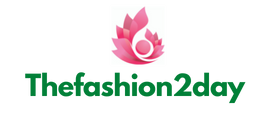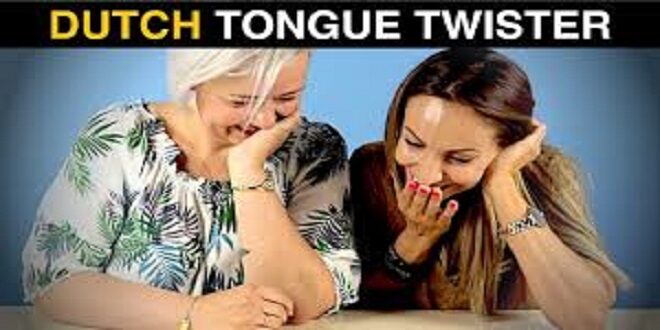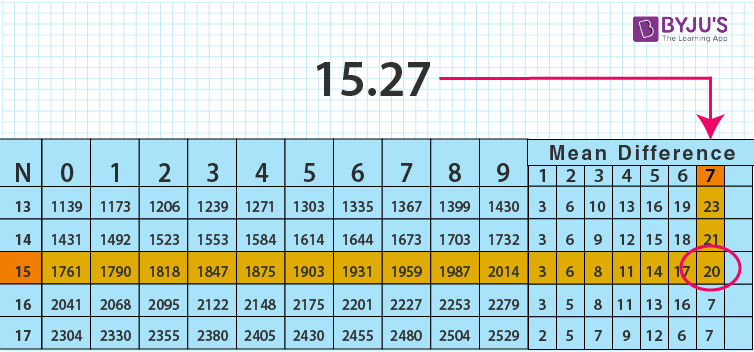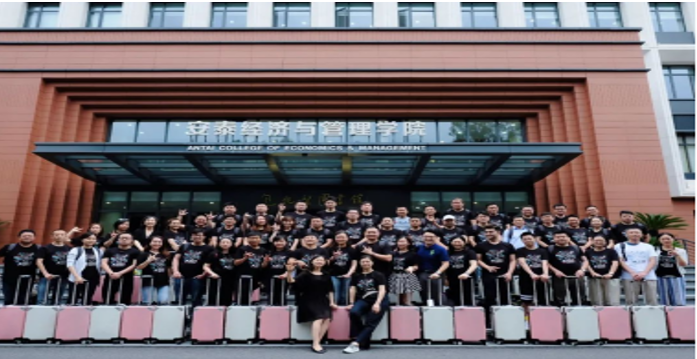Tongue-twister
Even native English speakers fmd the tongue-twisters on this page difikcult to say quickly. Try them yourself. Try to say them as fast as possible, but correctly!
- A proper copper coffee pot.
- Around the rugged rocks the ragged rascals ran.
- Long legged ladies last longer.
- Pink lorry, yellow lorry.
- Red leather, yellow leather, red leather, yellow leather.
- She sells sea-shells on the sea-shore.
- The sixth sick Sheik’s sixth sheep is sick.
- Swan swam over the pond,
- Swim swan swim!
- Swan swam back again –
- Well swum swan!
- Three grey geese in green fields grazing.
- We surely shall see the sun shine soon.
- A box of biscuits, a box of mixed biscuits, mixed biscuits and a
Bill sold the billboard to pay the board bill, the board bill no longer bored Bill. Sir Harry Harvey hit his head very hard with a heavy hammer and Happy Henry was hopping mad. However his heavy hammer hadn’t hurt his highness hard head. Peter Piper picked a peck of pickled pepper. Did Peter Piper pick a peck of pickled pepper? If Peter Piper picked a peck of pickled pepper, Where’s the peck of pickled pepper Peter Piper picked? Rhys watched Ross switch his Irish wristwatch for a Swiss wristwatch. I wish to wash my Irish wristwatch. Near an ear, a nearer ear, a nearly eerie ear. On a lazy laser raiser lies a laser ray eraser. Scissors sizzle, thistles sizzle. Tom threw Tim three thumbtacks. How much caramel can a canny canonball cram in a camel if a canny canonball can cram caramel in a camel? • He threw three free throws. Fresh French fried fly fritters Gig whip, gig whip, gig whip, … I was born on a pirate ship. Say it while holding your tongue.
Phrasal verbs
Phrasal verbs are part of a large group of verbs called ‘multi-word verbs’. Phrasal verbs and other multi-word verbs are an important part of the English language. Multi-word verbs, including phrasal verbs, are very common, especially in spoken English. A multi-word verb is a verb like ‘pick up’, ‘turn on’ or ‘get on with’. For convenience, many people refer to all multi-word verbs as phrasal verbs. These verbs consist of a basic verb + another word or words. The other word(s) can be prepositions and/or adverbs. The two or three words that make up multi-word verbs form a short ‘phrase’-which is why these verbs are often all called ‘phrasal verbs’. The important thing to remember is that a multi-word verb is still a verb. ‘Get’ is a verb. ‘Get up’, is also a verb, a different verb. ‘Get’ and ‘get up’ are two different verbs. They do not have the same meaning. So you should treat each multi-word verb as a separate verb and learn it like any other verb. Look at these examples. You can see that there are three types of multi-word verb.
Prepositional verbs
Prepositional verbs are a group of multi-word verbs made from a verb plus another word or words. Many people refer to all multiword verbs as phrasal verbs. Prepositional verbs are made of: verb + preposition Because a preposition always has an object, all prepositional verbs have direct objects. Here are some examples of prepositional verbs:
Last word
Prepositional verbs cannot be separated. That means that we cannot put the direct object between the two parts. For example, we must say ‘look after the baby’. We cannot say ‘look the baby after’
Phrasal-prepositional verbs are a small group of multi-word verbs made from a verb plus another word or words. Many people refer to all multi-word verbs as phrasal verbs. We make a distinction between three types of multi-word verbs: prepositional verbs, phrasal verbs and phrasal-prepositional verbs. We will look at phrasal-prepositional verbs. Phrasal-prepositional verbs are made of: verb + adverb + preposition.
 Thefashion2day Popular Fashion News Website
Thefashion2day Popular Fashion News Website



